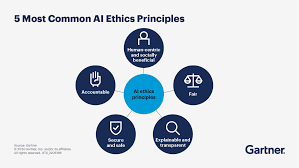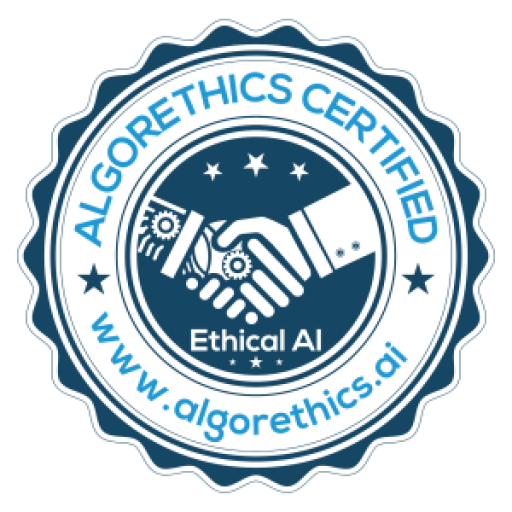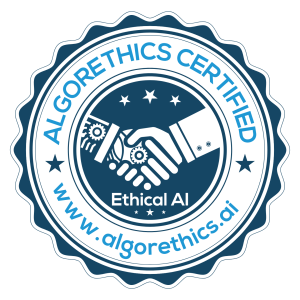As artificial intelligence continues to shape the future of technology, the responsibility to guide its development in ethical directions grows increasingly urgent. Whether you’re designing chatbots, machine learning models, or autonomous systems, understanding ethical AI principles is essential to building systems that are fair, transparent, and trustworthy. In this article, we’ll explore the foundational concepts of AI development ethics and what it means to build responsible AI in practice.
Why Ethical AI Matters
AI is no longer confined to research labs—it influences hiring decisions, healthcare diagnostics, criminal justice, and even loan approvals. This widespread impact amplifies the risks of unethical design: biased algorithms, opaque decision-making, and privacy violations can harm individuals and communities, especially marginalized groups. For developers, integrating ethics into AI design isn’t optional—it’s a necessity.
Core Ethical AI Principles Every Developer Should Know
- Transparency
Developers should ensure that AI systems are understandable and explainable. Users and stakeholders must be able to comprehend how decisions are made—especially in high-stakes domains like finance or healthcare. Techniques such as interpretable models, clear documentation, and audit trails support transparency. - Fairness and Non-Discrimination
Bias in data or algorithms can lead to unfair outcomes. Responsible AI design requires actively identifying and mitigating bias throughout the development pipeline. This includes careful dataset curation, fairness testing, and involving diverse stakeholders in the design process. - Accountability
Who is responsible when an AI system causes harm? Developers and organizations must be able to answer this question. Clear lines of accountability—both in code and governance—are essential. Implementing internal reviews, impact assessments, and regulatory compliance helps foster a culture of accountability. - Privacy and Data Protection
Data fuels AI, but mishandling it can lead to serious ethical breaches. AI systems should respect user privacy through data minimization, anonymization, and robust cybersecurity measures. Developers should also be transparent about how data is collected, used, and stored. - Safety and Robustness
AI systems must be designed to operate reliably under a wide range of conditions. They should be resilient to adversarial attacks, bugs, or unexpected scenarios. Testing, validation, and fail-safes are crucial components of ethical system design. - Human-Centric Design
At its core, AI development ethics is about aligning technology with human values. This means designing systems that augment—not replace—human decision-making, and always keeping user well-being at the center of design decisions.
Building a Culture of Responsible AI
Embedding responsible AI practices into your development lifecycle involves more than just following a checklist. It requires cultivating an ethical mindset across teams:
Cross-disciplinary collaboration: Work with ethicists, legal experts, and social scientists.
Continuous education: Stay updated on ethical frameworks, regulations, and public concerns.
Inclusive design: Involve users and affected communities in shaping AI outcomes.
Final Thoughts
Ethical AI is not a finish line—it’s an ongoing commitment. By embracing ethical AI principles and embedding AI development ethics into every stage of the AI lifecycle, developers can help ensure that the technologies they build serve society responsibly and equitably. As we navigate the complex future of artificial intelligence, ethics must remain a guiding light.







